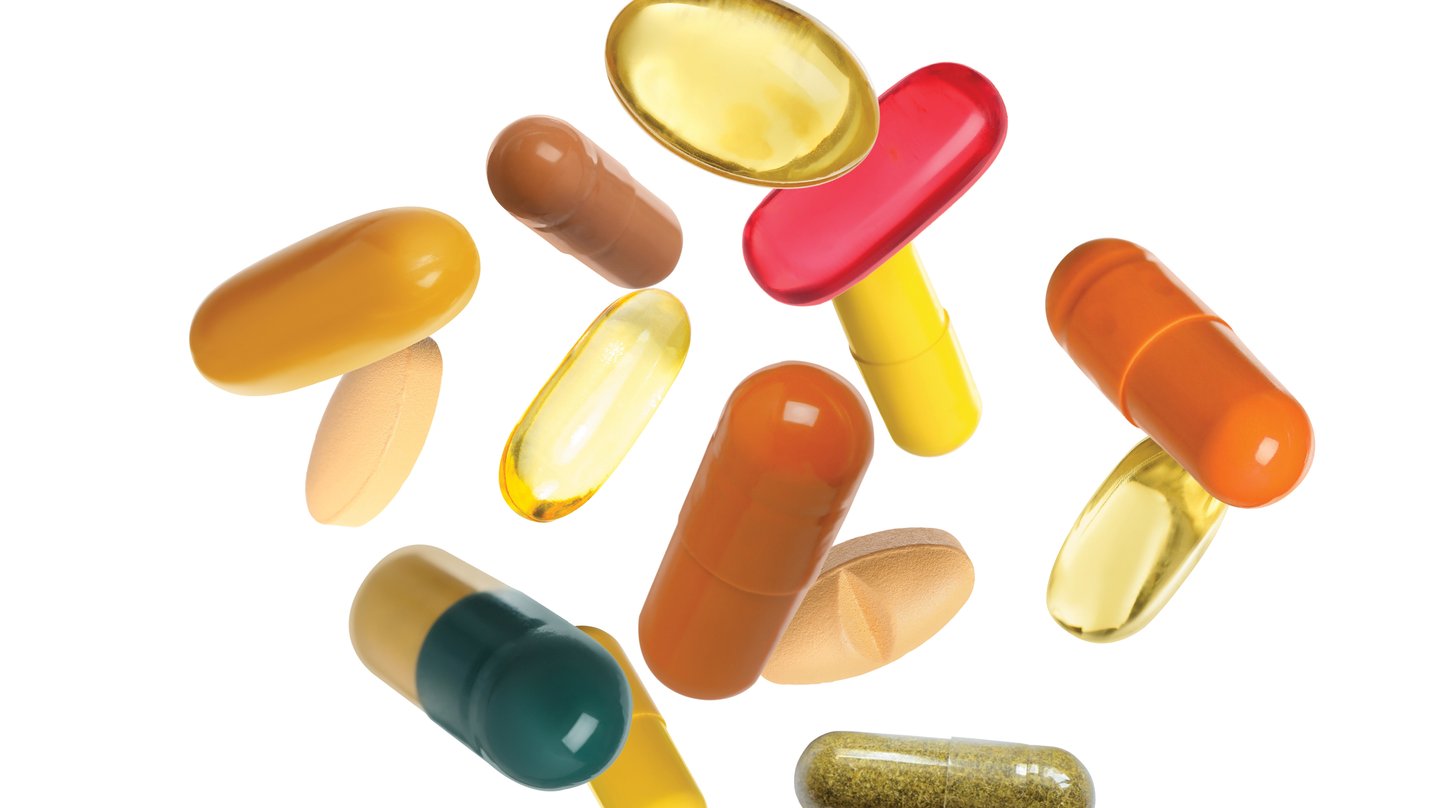A look at what’s helping drive the vitamins and supplements boom
Talk about a healthy category – both for shoppers and grocers. Amid stressors such as global conflict, the economy and threat of illness (including COVID19), consumers are turning to vitamins and supplements to help manage their overall health and well-being.
Canada, in particular, is a huge market for non-prescription remedies, according to Innova Market Insights. The global market researcher’s 2022 Health and Nutrition Survey found daily supplement users in Canada represent 41% of the population, far exceeding the global average at 26%. A further 14% of Canadians take supplements at least once a week.
Grocers are taking notice and are broadening their assortment of supplements. Jyne Greenley, dispensary department purchaser at The Big Carrot Community Market in Toronto, says there was a time you could only find a selection of supplements in specialty stores. Not now. “It’s in mass grocers and even discount retailers because a lot of money can be made in this market,” she says. “People are looking for alternatives to drugs with side effects, now more than ever.”
READ: Consumers are turning to grocery retailers as key allies in healthy living
Why, specifically, are Canadians turning to vitamins and supplements for their health and wellness needs? Well, according to Innova’s Health and Nutrition Survey conducted in 2023, 60% of Canadian respondents said, “It helps me stay healthy.” That was followed by, “it helps me to boost immunity” (40%), “it helps in preventing diseases” (27%), “I have health problems and I need supplements” (22%), “it helps me sleep well” (20%) and “it helps me to be energized/alert” (19%).
Here’s a look at three factors driving growth and awareness in the vitamins and supplements category.
Following the fads
Adaptogens (herbs, plants and mushrooms that are said to help the body respond to stress, anxiety and fatigue) are becoming increasingly popular in the supplements space.
A particularly buzzy adaptogen is ashwagandha – a herb that is quickly gaining popularity for its perceived cognitive health benefits such as managing everyday stress and promoting better sleep. Herbaland, the maker of vegan, sugar-free and low-sugar nutritional supplements sold in compostable packs, launched an ashwagandha gummy last year.
To address its strong, rooty flavour, Herbaland added an orange tea taste to the gummies. “You cannot detect the ashwagandha, making it easier for consumers to take them every day,” says Francesca Raleigh, marketing lead at Herbaland, in Richmond, B.C.
Ashten Buck, education manager at the Healthy Planet chain of natural health stores, says ashwagandha is gaining profile among its customers. “It’s a really unique word, so that’s part of it, but it also helps with the kind of stress a lot of people are feeling – tired but wired,” she says. “Because ashwagandha is nourishing, it brings a wired state back down to a normal equilibrium, so we’re not overstimulated and so tired.”
Supplements on social
Last year, Orange Naturals, a brand of naturopathic health products, saw its magnesium supplement – considered by experts to be a cure-all for a range of inflictions including muscle pain and insomnia – register a massive 60% increase in year-over-year sales in 2023.
“As crazy as it sounds, it was because of a massive movement last year on TikTok about magnesium’s benefits,” says Christina Barrett, medical director, Orange Naturals and its national director of food, drug and mass merchandising.
READ: Sleepless in the grocery store
Healthy Planet’s Buck, who developed the Healthy Planet University, a training and education program for staff, agrees that social media is a significant driver of awareness of vitamins and supplements.
“Customers come in after they’ve heard about a particular supplement on TikTok, YouTube Shorts or Instagram,” she says. “That is why we do a lot of ongoing in-house training, so that we can keep up on everything and properly educate customers when they come in to learn more about something.”
Merchandising health
Experts recommend merchandising supplements and vitamins together that solve specific consumer needs such as improved immunity, digestive health, mental clarity, sleep and women’s health.
“Cross-promotion in health and wellness is a play that can yield great margins,” agrees Amar Singh, Toronto-based senior director, consulting with the global consultancy Kantar.
Think whey protein, B vitamins such as thiamine and niacin and “even small fitness equipment” strategically merchandised together for someone looking for muscle-strengthening, suggests Singh.
Metro recently moved Bio-K+, a brand of certified gluten-free, organic and non=GMO probiotics, to the dairy section with yogurts. “There’s been big debate about where to put probiotic supplements and while we were a bit skeptical, the move has done really well for us and positions Bio-K+ around everyday health and wellness,” says Viviane Lemire, marketing director, Canada, Bio-K+. “More traffic comes to dairy and our brand also benefits from yogurt brands like Activia doing a lot of promotion around probiotics.”
This article first appeared in Canadian Grocer’s March/April 2024 issue.



